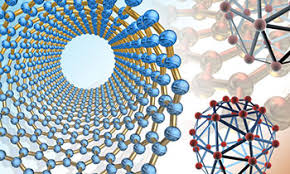Mechanical and Materials Engineering, Department of

Department of Mechanical and Materials Engineering: Faculty Publications
Document Type
Article
Date of this Version
10-16-2019
Citation
2019 by UT-Battelle, LLC. Licensee MDPI, Basel, Switzerland.
Abstract
A variety of techniques have been utilized in metal additive manufacturing (AM) for melt pool size management, including modeling and feed-forward approaches. In a few cases, closed-loop control has been demonstrated. In this research, closed-loop melt pool size control for large-scale, laser wire-based directed energy deposition is demonstrated with a novel modification, i.e., site-specific changes to the controller setpoint were commanded at trigger points, the locations of which were generated by the projection of a secondary geometry onto the primary three-dimensional (3D) printed component geometry. The present work shows that, through this technique, it is possible to print a specific geometry that occurs beyond the actual toolpath of the print head. This is denoted as extra-toolpath geometry and is fundamentally dierent from other methods of generating component features in metal AM. A proof-of-principle experiment is presented in which a complex oak leaf geometry was embossed on an otherwise ordinary double-bead wall made from Ti-6Al-4V. The process is introduced and characterized primarily from a controls perspective with reports on the performance of the control system, the melt pool size response, and the resulting geometry. The implications of this capability, which extend beyond localized control of bead geometry to the potential mitigations of defects and functional grading of component properties, are discussed.
Included in
Mechanics of Materials Commons, Nanoscience and Nanotechnology Commons, Other Engineering Science and Materials Commons, Other Mechanical Engineering Commons


Comments
Appl. Sci. 2019, 9, 4355; doi:10.3390/app9204355 www.mdpi.com/journal/applsci